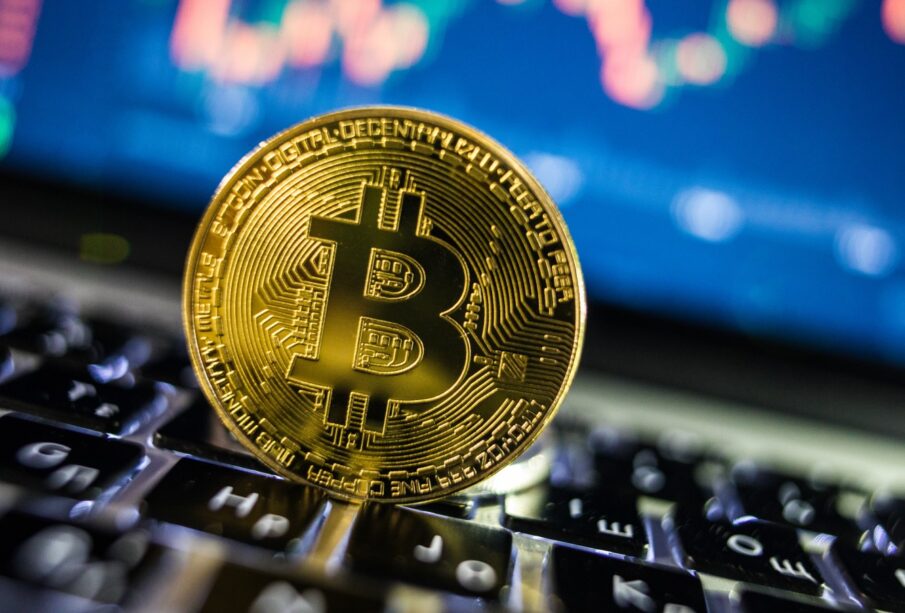What Makes Bitcoin A Decentralized Digital Currency?

Bitcoin is a decentralized digital currency, and unlike conventional currencies, it doesn’t use any centralized servers to process transactions. Instead, it uses a public ledger and multiple signatures to validate and approve transactions. If you want to trade in bitcoin, understandably, there is https://bitqs.online/. The transactions are verified in real-time and can be done in person or over any platform.
Multiple signatures allow a transaction to be accepted by the network.
A multi-signature transaction is a type of transaction that requires multiple signatures to be approved. This allows for increased security and privacy over single-signature transactions. Multisignature transactions are commonly used with the cyber currency Bitcoin. These transactions are also referred to as M-of-N transactions.
These transactions require a signature from a private key. Unlike public keys, however, a transaction can also be signed using a public signature, which all participants on the network can verify. This technique is known as public key cryptography. It enables multiple parties to join forces to produce a single signature valid for all the public keys.
Creating a multi-signature transaction is similar to the one used in traditional banking. However, unlike local banks, which often require a person to sign transactions, multi-signature transactions propagate exponentially across the network. Using multiple signatures, the network can verify that a transaction is genuine and safe.
Transactions are recorded in a public ledger.
The blockchain is a database that stores and verifies the transaction history of various cryptocurrencies, including Bitcoin. Every transaction is recorded in this ledger, making it virtually impossible to counterfeit or reverse. This fact alone makes Bitcoin a decentralized digital currency. In addition, Bitcoins are not backed by any government or issuing institution. This means they are backed by human decisions rather than any centralized authority.
This decentralized ledger allows anyone to see a complete history of all bitcoin transactions, making it an ideal choice for people who want to exchange money without a third party. Cryptography also secures Bitcoin transactions, making it a safe and secure alternative to traditional banking.
Transactions are confirmed in real-time.
Bitcoin is a decentralized digital currency that is based on peer-to-peer lending. This means that everyone verifies transactions. This means that there is no central authority to control or manipulate the money supply. This is very different from a government’s control of fiat currencies like the U.S. dollar.
Bitcoin is not controlled by a central bank and is based on peer-to-peer software and cryptography. Each bitcoin transaction is recorded in a public ledger held on many different servers worldwide. Anyone with a different computer can create a node and contribute to this database. Nodes then agree on who owns a bitcoin by cryptographically confirming transactions. This means that there is no one source of trust for bitcoin.
Transactions are not subject to price manipulation.
The Bitcoin ecosystem is still relatively small compared to the New York Stock Exchange. Still, recent trends suggest that it may be on its way to becoming an essential asset in our financial system. Bitcoin futures are available on the CBOE and CME. They are a great way to invest in cryptocurrency without the risk of being manipulated by traders. You can know the value by supply and demand, not by any central authority.
The supply of Bitcoins is limited (to 21 million), and you can send them through the internet with no intermediary involved like credit cards do with their transactions. There’s no limit on how much money you can send with Bitcoin because there are no transaction costs as there would be if you were sending money through a bank wire transfer or another method.
Final Words
In this post, we have told you about what makes bitcoin decentralized. When you send Bitcoin, it goes straight into your wallet without going through any third parties who charge fees for their services. This makes it possible for people who live in countries where they don’t trust banks with their money to use Bitcoin to store their wealth securely without worrying about theft from hackers or governments trying to steal from them, which happens often enough.











